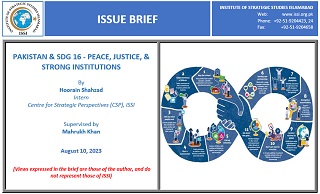Introduction
The Sustainable Development Goals (SDGs), also known as the Global Goals, are a universal call to action to end poverty, protect the planet and ensure that all people enjoy peace and prosperity. These goals were adopted by all UN Member States in 2015 and serve as a global blueprint for a better and more sustainable future. Each goal includes specific targets to be achieved by 2030. The SDGs aim to address various economic, social, and environmental challenges facing the world today.
The 2030 Agenda for Sustainable Development encompasses 17 interlinked Sustainable Development Goals (SDGs). These goals are designed to tackle the world’s most pressing challenges. They are: eradicating poverty, achieving zero hunger, ensuring good health and well-being, providing quality education, promoting gender equality, securing clean water and sanitation, ensuring access to affordable and clean energy, fostering decent work and economic growth, developing sustainable industry and infrastructure, reducing inequalities, building sustainable cities and communities, promoting responsible consumption and production, taking action on climate change, conserving life below water, protecting life on land, advancing peace, justice, and strong institutions, and fostering partnerships for the goals. Each SDG addresses specific aspects of global development; they serve to bring all countries to work together towards a sustainable and prosperous future by the year 2030.















